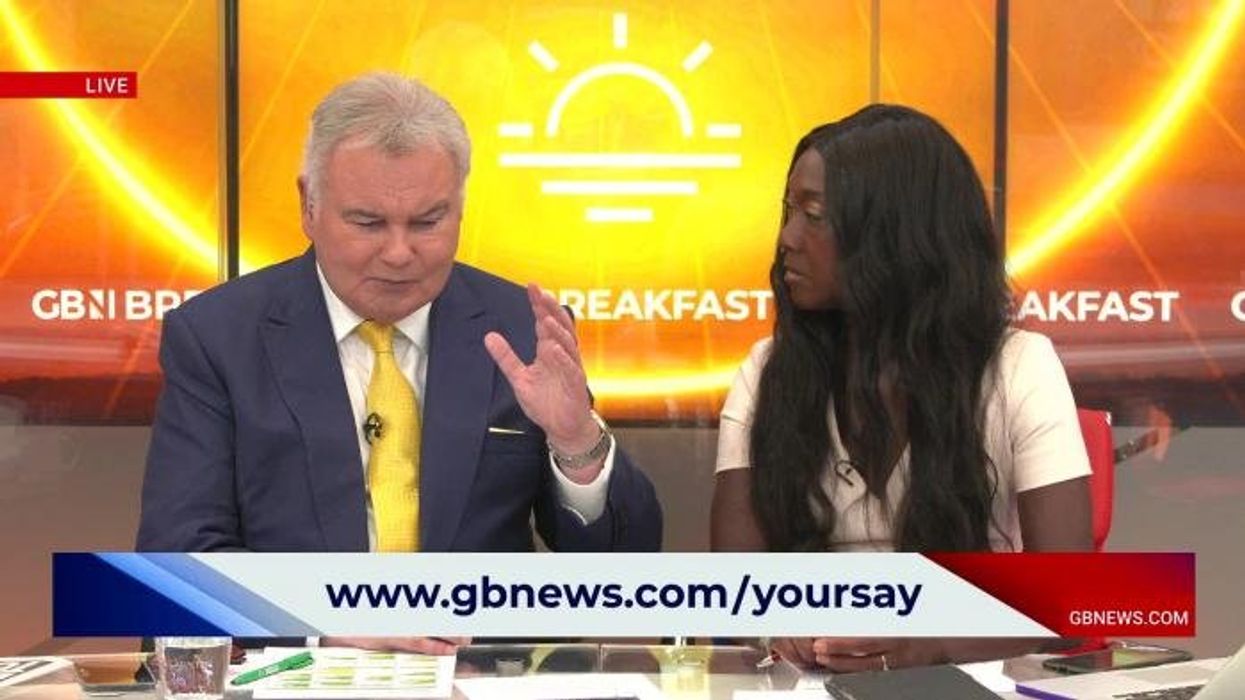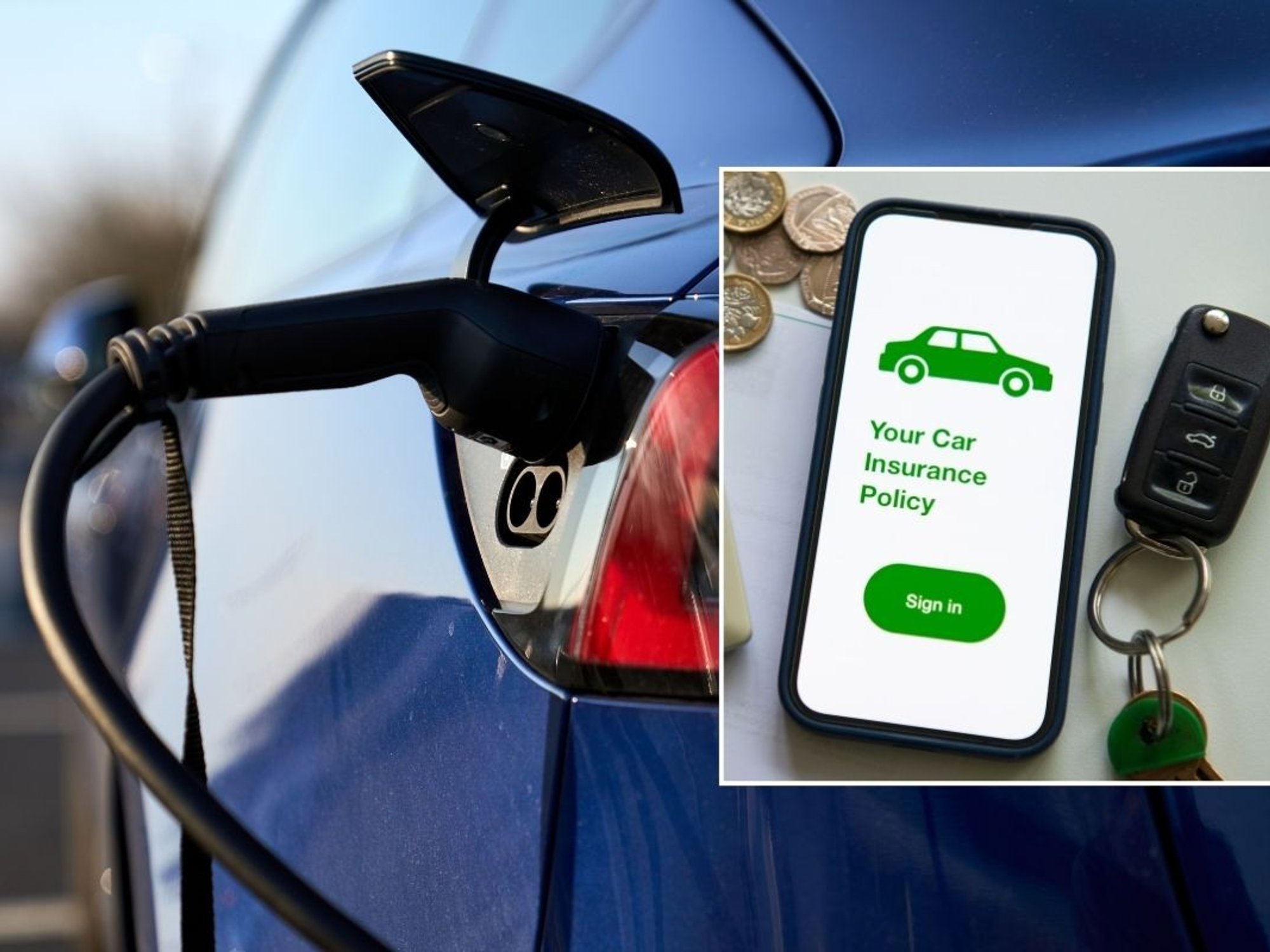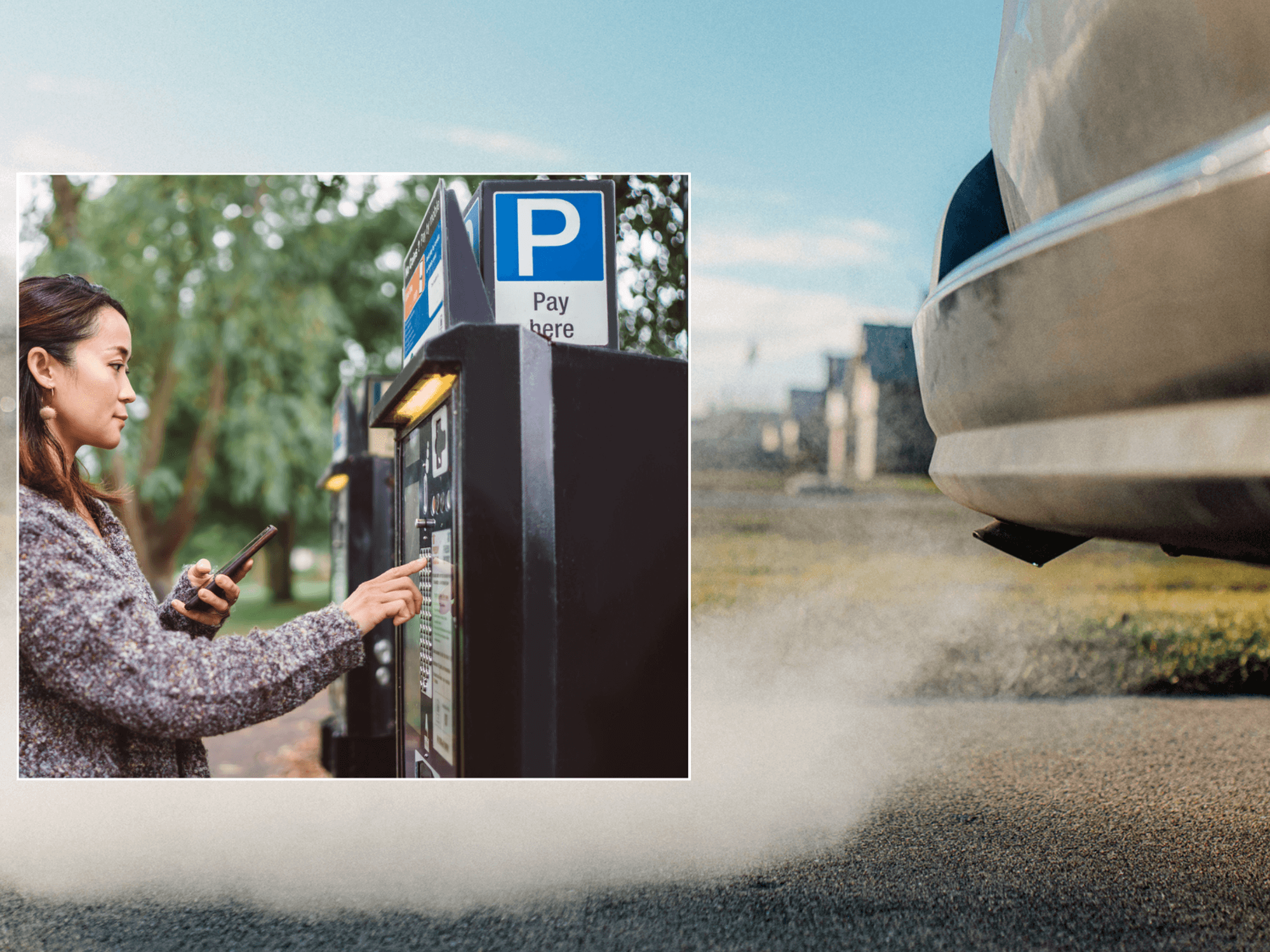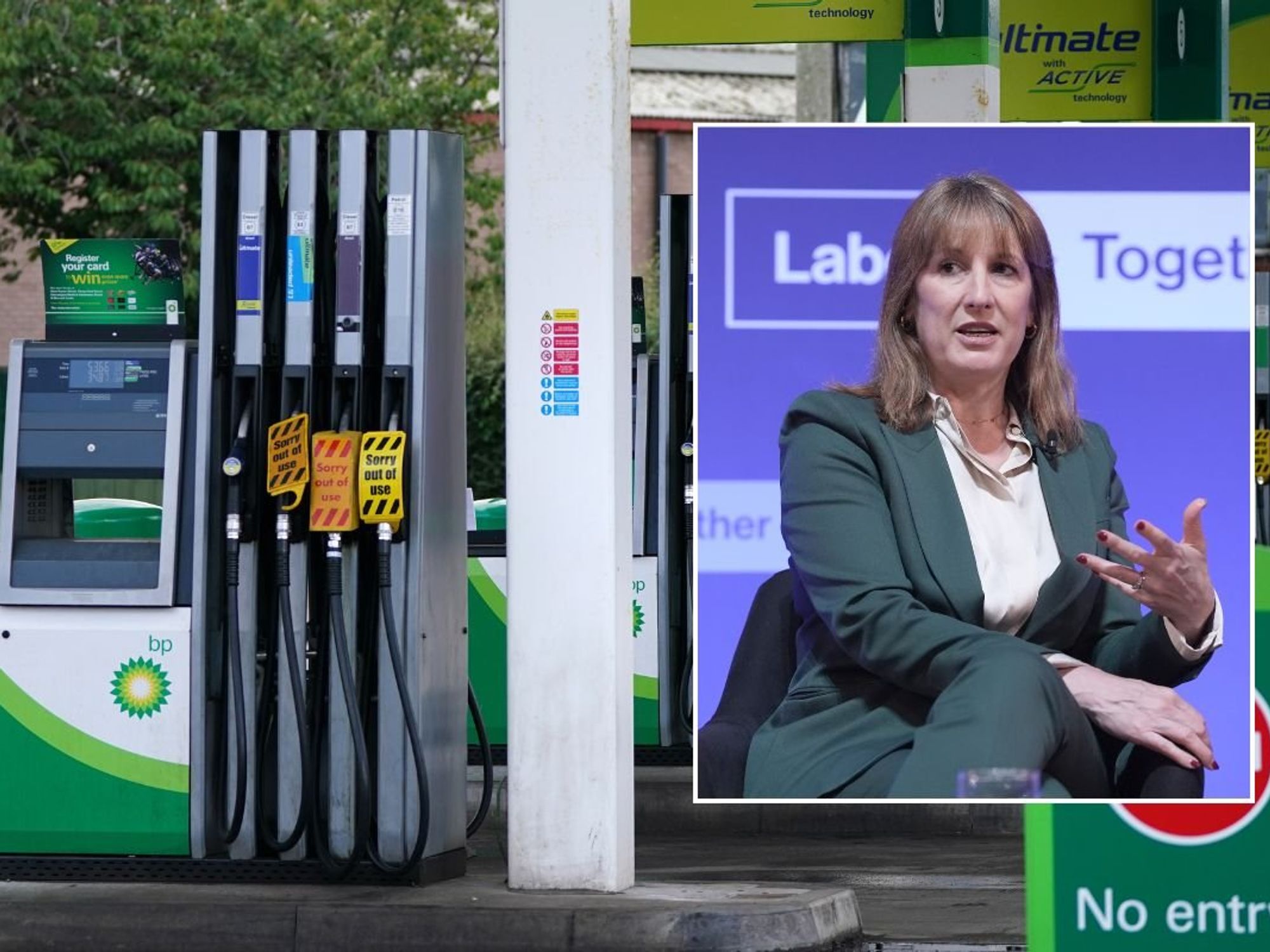Millions of British drivers avoid buying electric cars over 'uncertain' vehicle tax changes

More than 20,000 drivers have already made use of the Electric Car Grant
Don't Miss
Most Read
Latest
Millions of drivers across the UK are reconsidering their plans to invest in an electric vehicle as a result of car taxes, new data has found.
Fresh research reveals that almost half of UK drivers (45 per cent) said electric vehicle taxation has impacted their decision to ditch petrol and diesel cars.
Chancellor Rachel Reeves confirmed in last year's Autumn Budget that electric cars would be liable to pay Vehicle Excise Duty from April this year.
This was first introduced by then-Chancellor Jeremy Hunt in 2022, where the Conservative MP outlined that EVs would have to start paying tax from 2025.
TRENDING
Stories
Videos
Your Say
The 2024 Autumn Budget outlined that the Government would maintain tax incentives to purchase EVs through vehicle Excise Duty first year rates and company car tax regimes.
It also extended the 100 per cent first year allowance for electric cars and chargepoints for a further year.
Electric vehicles are now expected to pay the standard rate of £195 if they were registered between April 1, 2017, and March 31, 2025. Any EVs registered before 2017 will pay £20.
All new electric, zero or low emission cars registered on or after April 1, 2025, will pay the lowest first year rate of vehicle tax at £10, before paying £195 in the second year.
READ MORE: Volkswagen announces huge price cuts to popular models as 20,000 Britons use Electric Car Grant
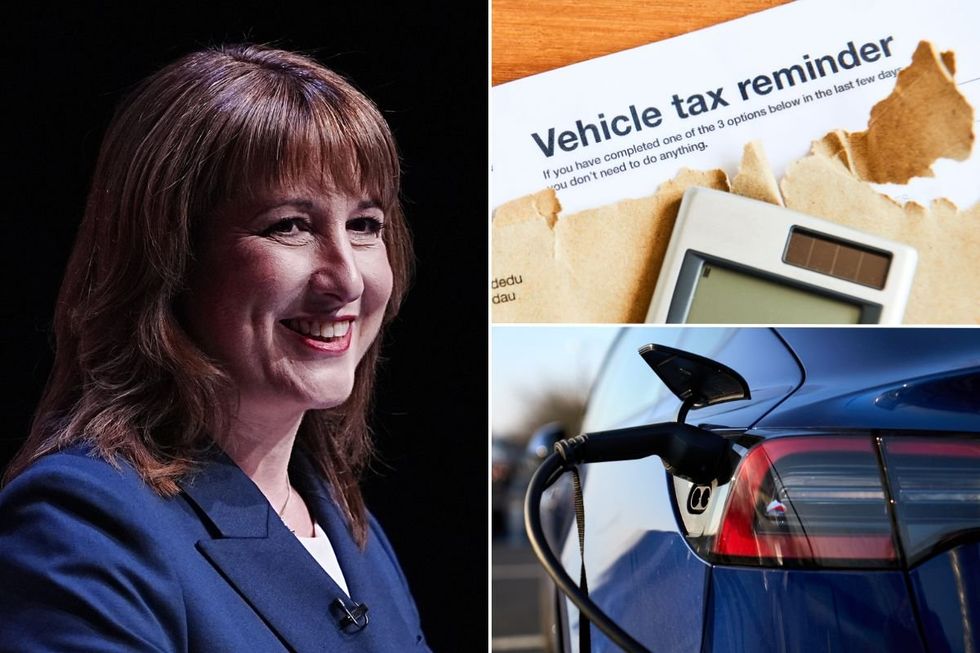
Drivers have admitted to changing their minds about switching to an EV because of tax changes
|PA/GETTY
It is likely that the VED rate for all vehicles will increase in line with inflation, potentially pushing the charges attributed to electric cars to around £200.
Many electric vehicles could also be required to pay the Electric Car Supplement, which applies to vehicles that cost more than £40,000.
The £425 charge applies for the first five years after the vehicle starts paying the standard rate of VED.
John Cassidy, managing director of sales at Close Brothers Motor Finance, said: "Ahead of the Autumn Statement, these findings show that while drivers are keen to switch to electric vehicles, recent tax changes are creating uncertainty and slowing adoption."
LATEST DEVELOPMENTS:
The research also found that 22 per cent of drivers say they no longer plan to purchase a new electric car, while a quarter say they are considering buying a second-hand EV.
The UK will phase out the sales of new petrol and diesel vehicles from 2030, with only zero emission vehicles being allowed on sale from 2035.
While drivers will still be able to purchase second-hand petrol and diesel vehicles after 2030, many will switch to electric cars given the lower running costs.
Labour's £650million Electric Car Grant has helped boost uptake among drivers as motorists could save £1,500 or £3,750 off the list price of an EV costing £37,000 or less.
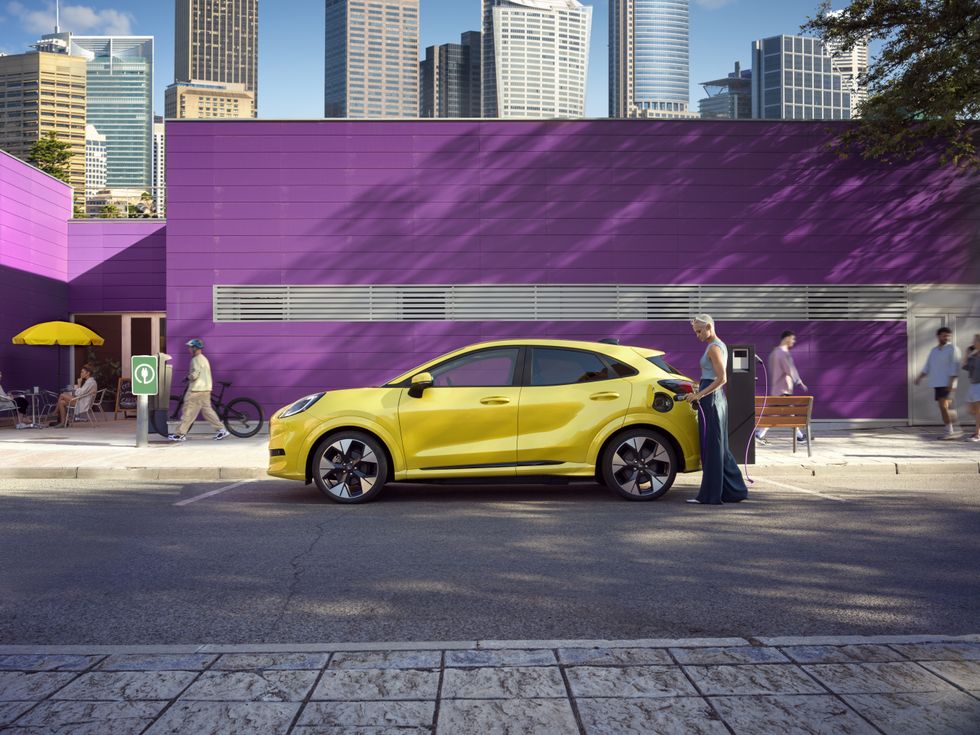 The Ford Puma Gen-E is one of two Ford models eligible for the £3,750 Electric Car Grant incentive | FORD
The Ford Puma Gen-E is one of two Ford models eligible for the £3,750 Electric Car Grant incentive | FORDMore than 35 electric vehicles are eligible for the incentive, with two models - the Ford Puma Gen-E and the Ford e-Tourneo Courier - attracting the higher discount amount.
The incentive means drivers can buy the Ford Puma Gen-E for a cheaper price than the UK's best-selling car, the Ford Puma hybrid.
Mr Cassidy continued, saying: "Despite schemes such as the Electric Vehicle Grant, which will go some way to tempting new buyers to take the leap, the upfront costs of new cars remain too high for many motorists, and the list of qualifying vehicles for the top bracket is short.
"If the UK is to meet its net zero targets, it's clear that additional support measures - whether through incentives, infrastructure, or targeted guidance - will be crucial to keep EVs within reach for everyday drivers."


